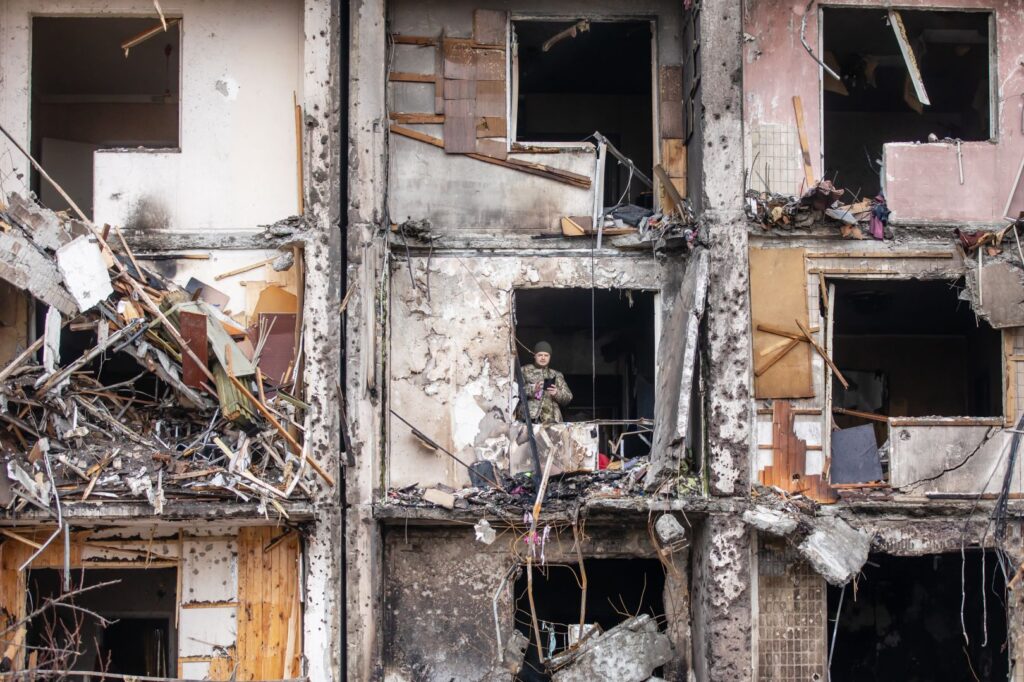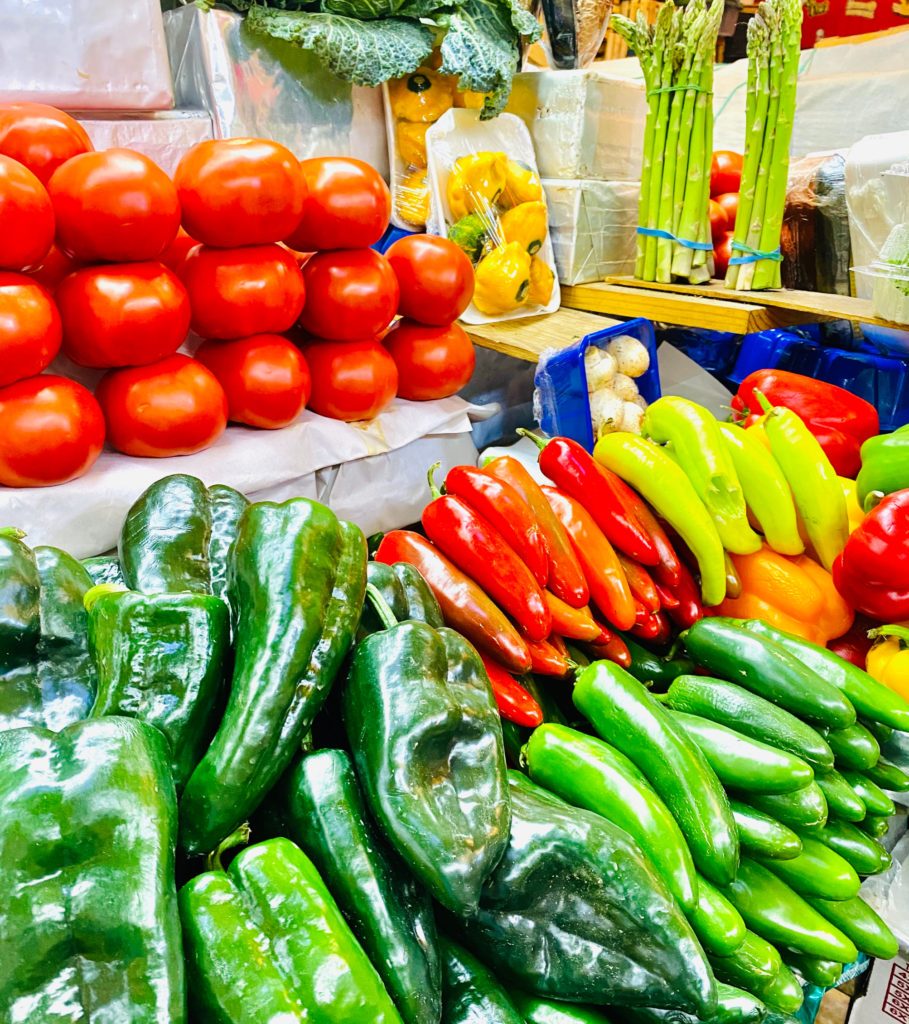UPDATE: U.N. calls for peace pact with nature at biodiversity summit
Montreal/New York, December 7 – The United Nations called on governments attending the international conference on biodiversity to adopt an ambitious “true peace pact with nature” that can deliver a green planet earth.
Representatives from 192 governments that are parties to the Convention on Biological Diversity opened a two-week meeting with the intention to negotiate a new, 10-year agreement that will guide humans how to use nature and biodiversity in more sustainable ways.
U.N. Secretary-General Antonio Guterres said humans are “waging war against nature” as the conference began its work. “Ecosystems have become playthings of profit. Human activities are laying waste to once-thriving forests, jungles, farmland, oceans, rivers, seas and lakes. Our land, water and air are poisoned by chemicals and pesticides, and choked with plastics.”
“It’s time for the world to adopt an ambitious biodiversity framework — a true peace pact with nature — to deliver a green, healthy future for all,“ he said.
Organizers of the summit said negotiations are expected to be difficult as they cover some two dozen targets ranging from land and water, fisheries and rainforests which are affected by climate change as well as degradation caused by humans.
The Montreal summit starting on December 7 is the 15th Conference of the Parties to the convention, which was first signed in the Rio Earth Summit in 1992 by 150 governments. More than 15,000 people have registered to attend, with the majority of them representatives of governments, non-governmental organizations and the media.
Guterres said deforestation and desertification, among a multitude of activities, are creating wastelands of once-thriving ecosystems.
“Our land, water and air are poisoned by chemicals and pesticides, and choked with plastics. Our addiction to fossil fuels has thrown our climate into chaos — from heat waves and forest fires to communities parched by heat and drought, or inundated and destroyed by terrifying floods,” he said.
“Unsustainable production and consumption are sending emissions skyrocketing, and degrading our land, sea and air. Today, one-third of all land is degraded, making it harder to feed growing populations. Plants, mammals, birds, reptiles, amphibians, fish and invertebrates — all are at risk. A million species teeter on the brink.”
He called on government leaders to develop “bold national action plans” that “re-purpose subsidies and tax breaks away from nature-destroying activities towards green solutions like renewable energy, plastic reduction, nature-friendly food production and sustainable resource extraction.” He also supports the rights of Indigenous peoples and local communities because they have always been the most effective guardians of biodiversity.
He called on the private sector to “recognize that profit and protection must go hand-in-hand. In our globalized economies, businesses and investors count on nature’s gifts from all corners of the world. It’s in their best interests to put protection first. That means the food and agricultural industry moving towards sustainable production and natural means of pollination, pest control and fertilization.”
New agreement for 2020-30 under negotiations
The COP15 summit was originally scheduled to take place in Kunming, in China’s Yunnan province, in 2020. But it was postponed because of Covid-19 and was moved to Montreal. If governments are to agree on the new, 10-year plan it would replace the previous one adopted in Aichi, Japan, in 2010.
Under discussion in Montreal is a draft agreement for the Global Biodiversity Framework Structure which comprises fourmajor Goals: 1. Ecosystems, species, genetic diversity; 2. Nature’s contributions to people; 3. Access and benefit sharing and 4. Means of implementation; and 23 targets.
Targets: 1. Land and sea use planning; 2. Ecosystem restoration, connectivity, priority ecosystems; 3. Land, seas protection and conservation; 4. Active management of species, genetic diversity; 5. Harvest, trade and use of wild species; 6. Invasive alien species; 7. Pollution; 8. Minimizing the impact of climate change; 9. Sustainable use of biodiversity and benefit sharing; 10. Sustainable agriculture, aquaculture, forestry; 11. Regulation of air quality, water quality and quantity, and protection from hazards and extreme events; 12. Access to green and blue spaces; 13. Genetic resources and equitable benefit sharing; 14. Mainstreaming biodiversity; 15. Sustainable production and supply chains; 16. Unsustainable consumption; 17. Impacts of biotechnology; 18. Harmful incentives / subsidies; 19. Financial resources, capacity-building; 20. Traditional knowledge, awareness, education and research; 21. Equitable, effective participation in decision-making; 22. Gender equality; 23. Adopting a human / animal / ecosystem “One Health” approach.
(By J. Tuyet Nguyen)
United Nations correspondent journalists – United Nations correspondent journalists – United Nations correspondent journalists – United Nations journalism articles – United Nations journalism articles – United Nations journalism articles – United Nations News – United Nations News – United Nations News
UPDATE: U.N. calls for peace pact with nature at biodiversity summit Read More »










